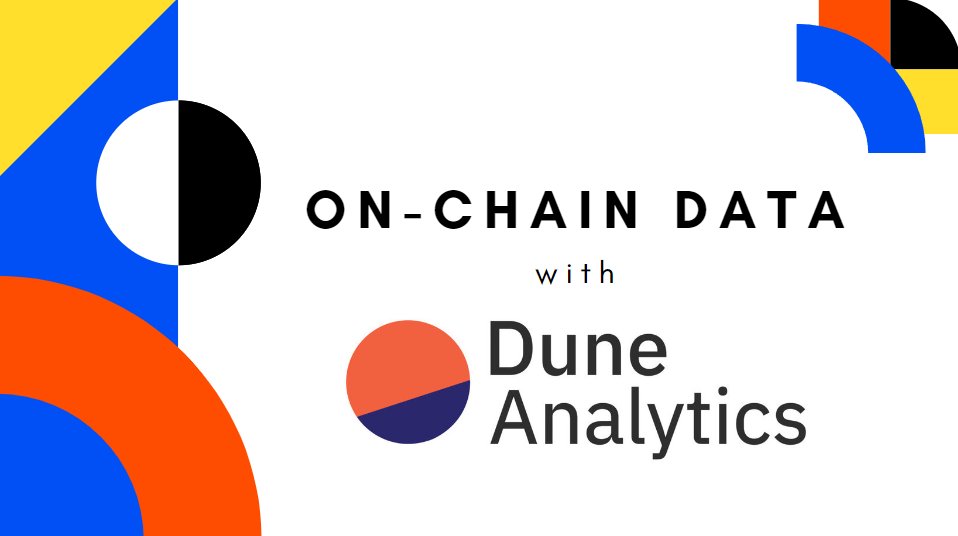
text
secondary title
Why is it important to analyze on-chain data?
On Ethereum and other blockchain platforms, data is on-chain, that is, all transactions, contract states, and events are recorded on the blockchain, and these data are immutable and undeletable. Therefore, tracking data on-chain is very important for developing and using blockchain-based applications.
Ensure the accuracy and integrity of data: Since the data on the blockchain is immutable, tracking the data on the chain can ensure the accuracy and integrity of the data. This is especially important for applications in finance, insurance, supply chain, and more.
Real-time monitoring of contract status and transactions: Tracking data on the chain can help developers monitor contract status and transactions in real time, detect errors or abnormalities in time, and take necessary measures. For developers, these data can also be used to better understand user needs and market trends, and provide strong support for Dapp development and optimization.
Analyze and predict market trends: Tracking data on the chain can help analyze data such as currency prices, market trading volumes, positions, etc., so as to predict market trends and make better investment decisions.
Automated execution of smart contracts: Tracking on-chain data can help smart contracts execute automatically, such as specific events or conditions that trigger a contract.
secondary title
text
text
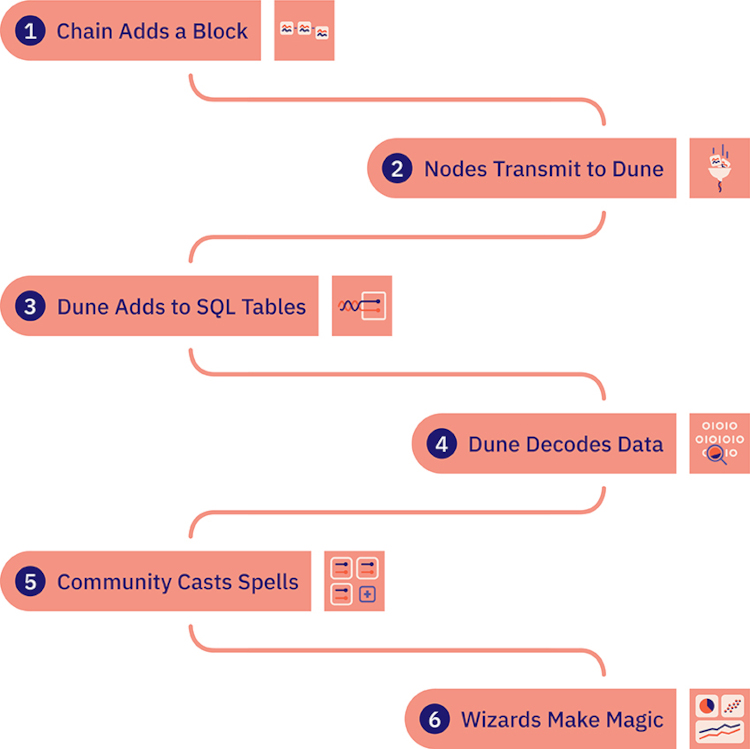
Although the technical details of each chain are not exactly the same, each blockchain follows the logic of "propose a transaction - reach a consensus - add to the chain". Various consensus mechanisms exist in the blockchain, but
text
In theory, anyone can run their own node, so the transparency in the blockchain world is high, allowing data analysts to access complete information on any "what's going on".Instead, Dune accesses blockchain data captured by node founders through an API, so that Dune can focus on creating the best data access experience while node creators focus on running their nodes as efficiently as possible.
The data obtained from the node creator is generally in the form of hash bytecodes. After Dune receives these bytecodes, it extracts them into a set of tables called "raw data" through its data engine, and then passes the smart contract Analyzed to get.
secondary title
For example, take you to play Dune
openingDune websiteAfter that, you can see a lot of trend data dashboards, including on-chain statistics of many Dapps, such as Ethereum, Arbitrum, Optimism, etc.
Let's take @LayerZero_Labs' digital signage as an example:
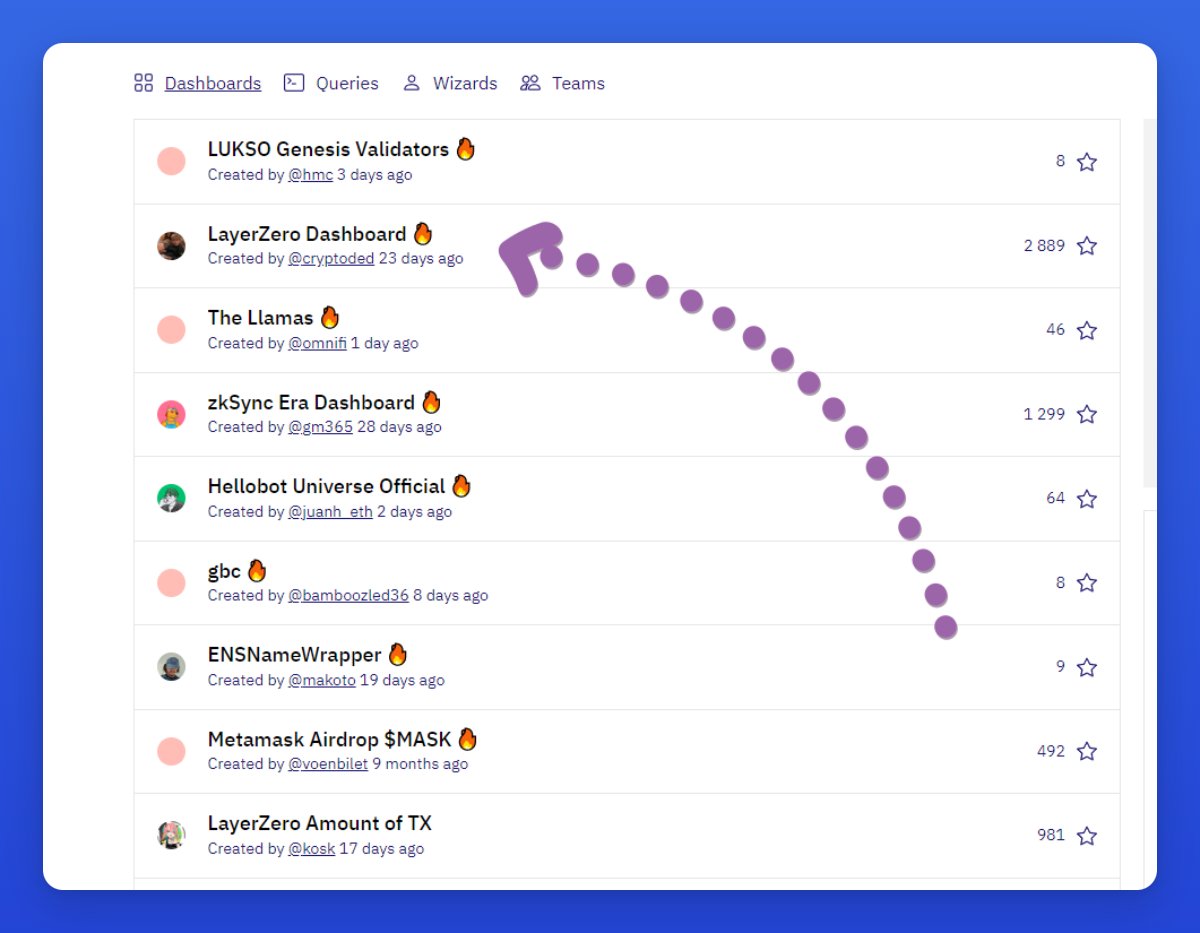
Some key information can be extracted from it:
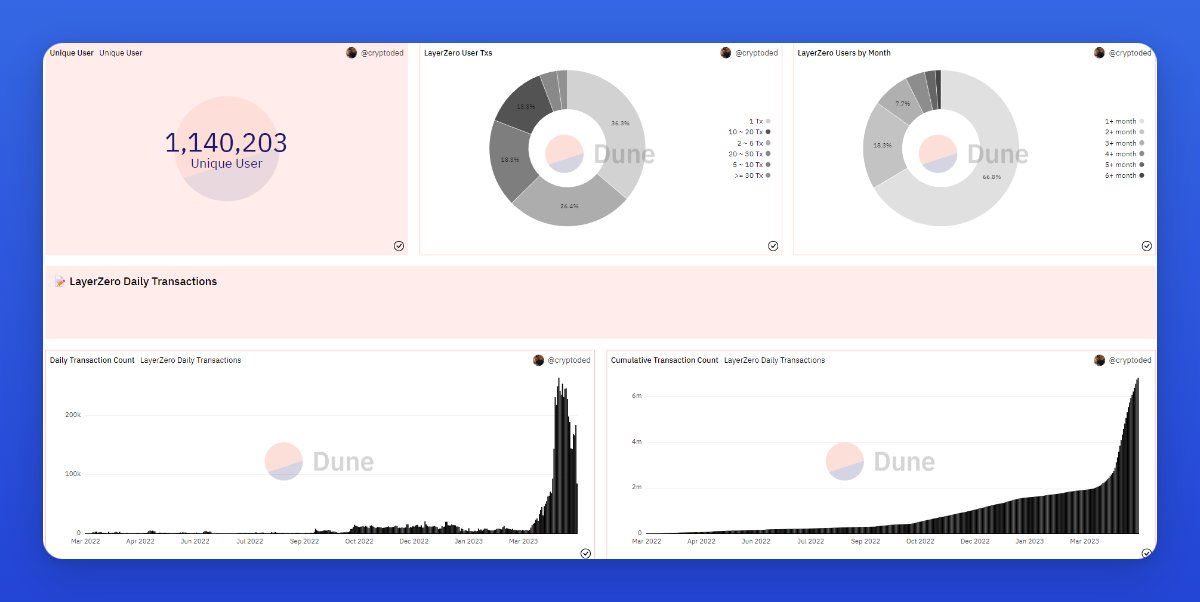
Over a million wallets are using LayerZero.
Users who made more than ten transactions (generally considered active real users) accounted for 15%.
66% of users have used LayerZero for less than a month.
At the same time, we can retrieve the transaction times and transaction amount of any wallet using LayerZero through the wallet address.

We can also create custom digital signage:
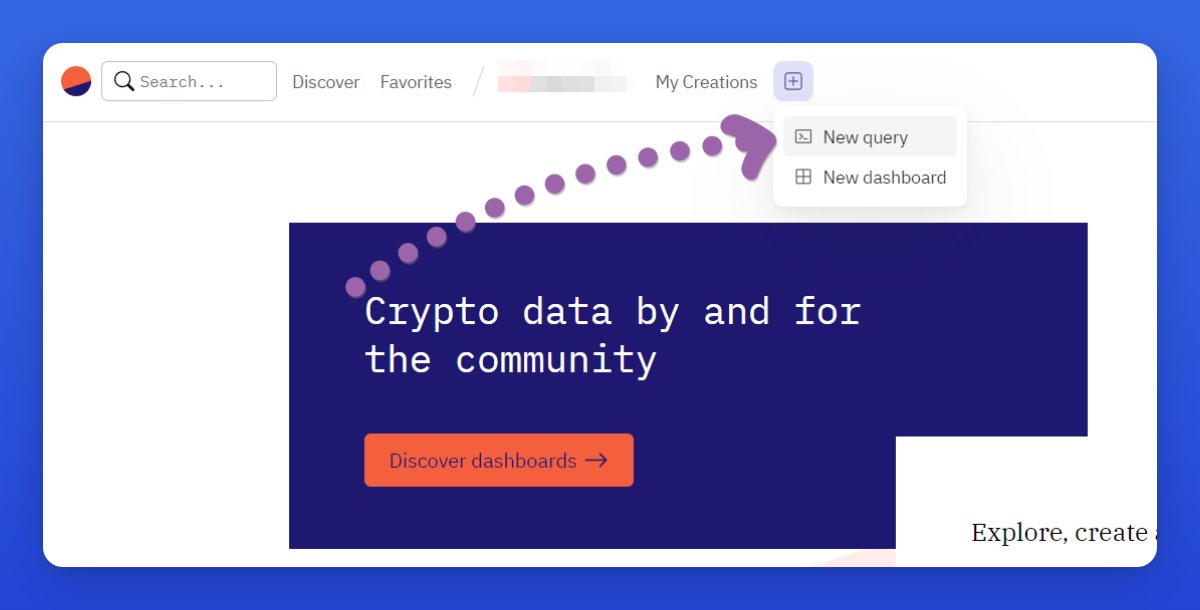
If you are proficient in the SQL language, you can write query code directly in the Dune panel:
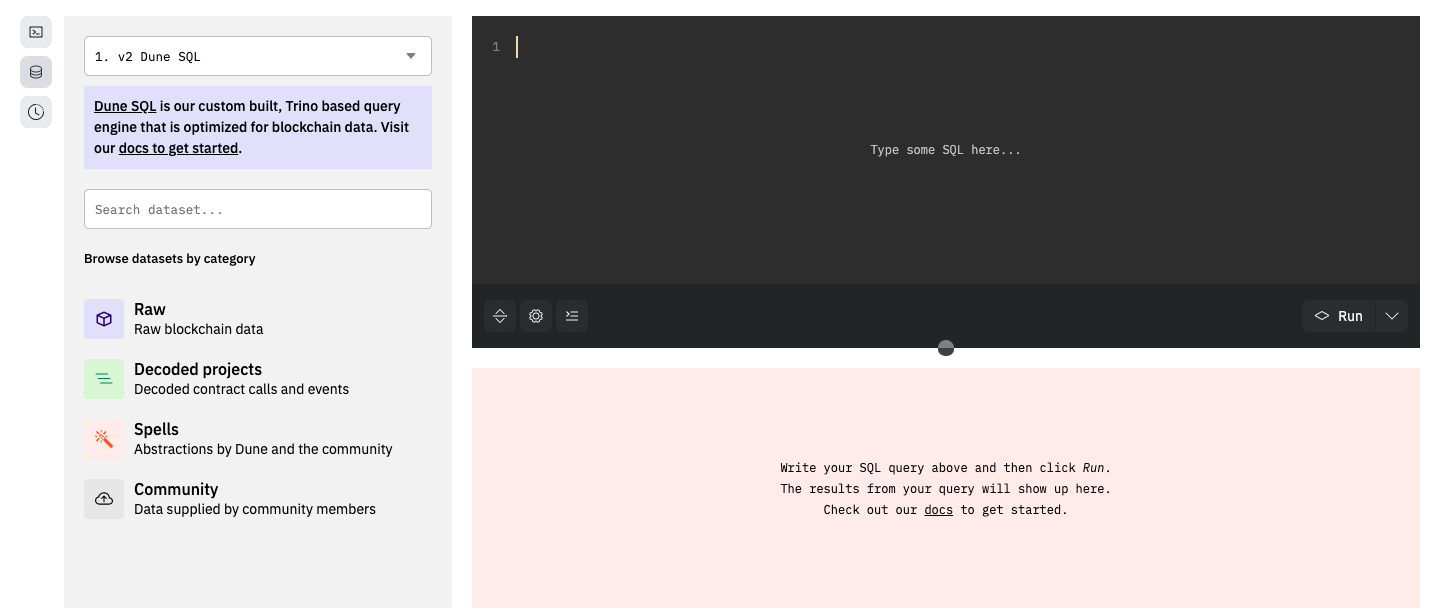
In addition, we can also use ChatGPT to generate SQL query code:
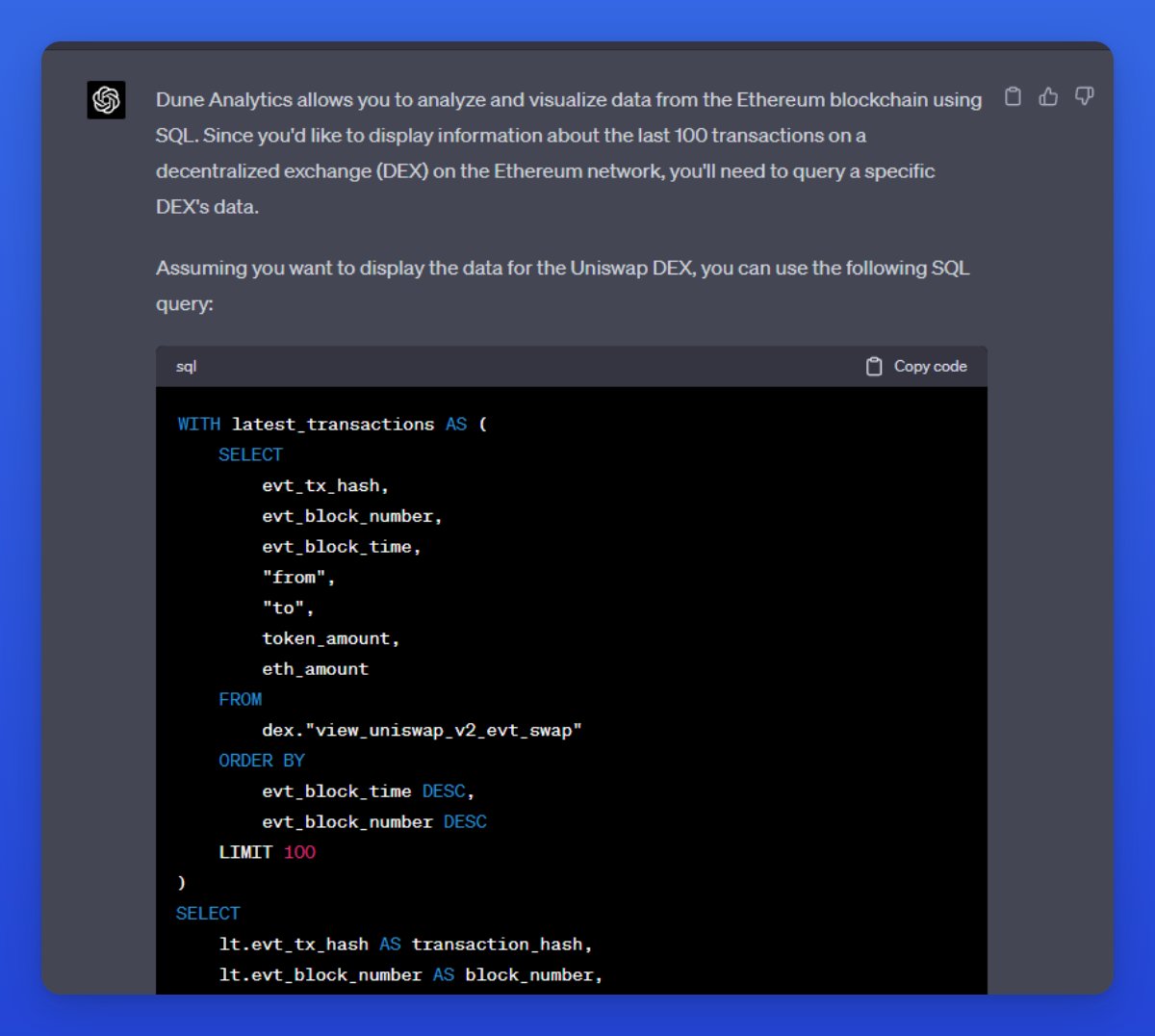
To query, paste the code directly in the editor and click Run:
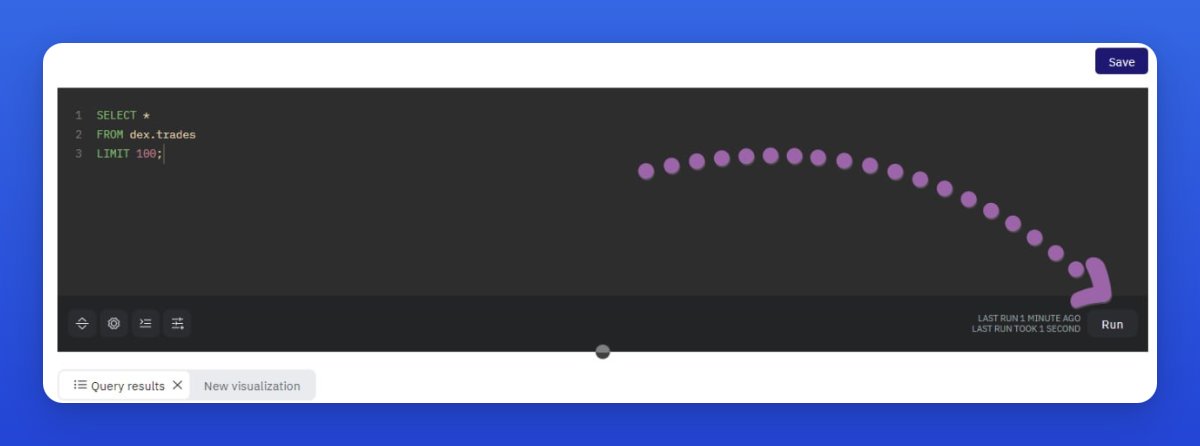
Then click Save, and you can add some descriptions for this data dashboard:
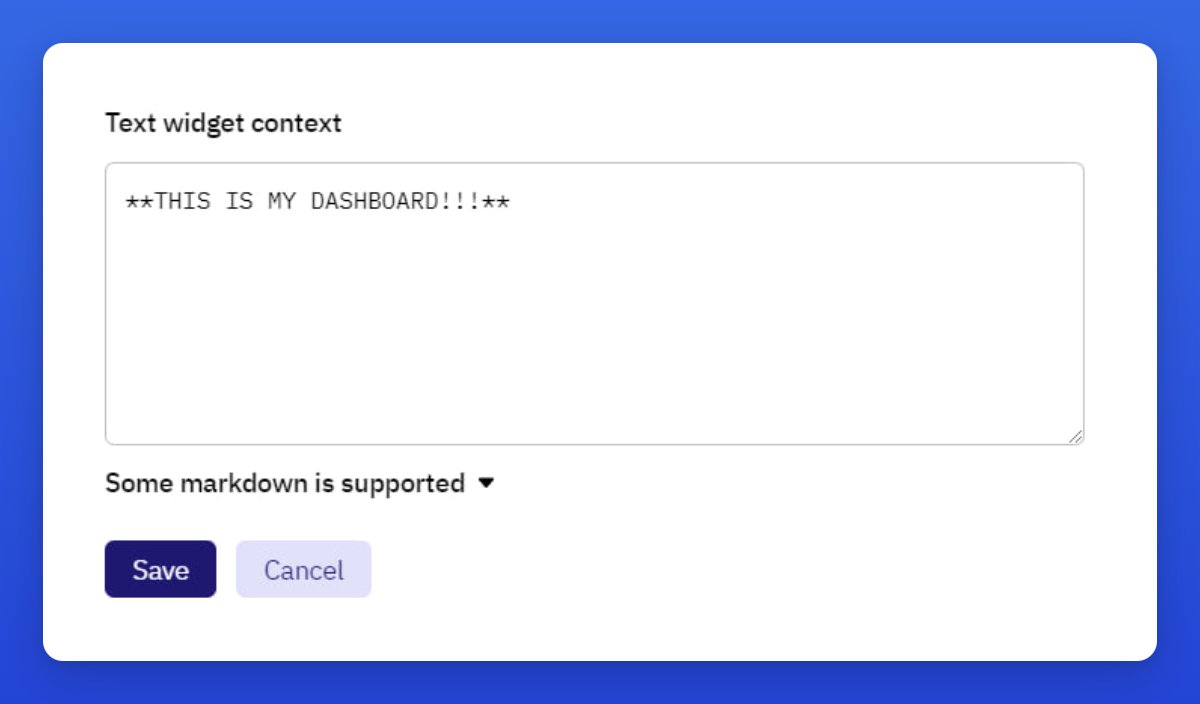
All in all, Dune is a very powerful tool, and the data dashboard on Dune is designed to be intuitive and easy to understand without data analysis skills.
If you can make good use of ChatGPT+Dune, I believe it can greatly help Web3 players, developers, etc. to better understand the digital asset market and blockchain network, formulate better investment and trading strategies, optimize DApp and smart contracts, and improve the community The security and reliability of the blockchain network.